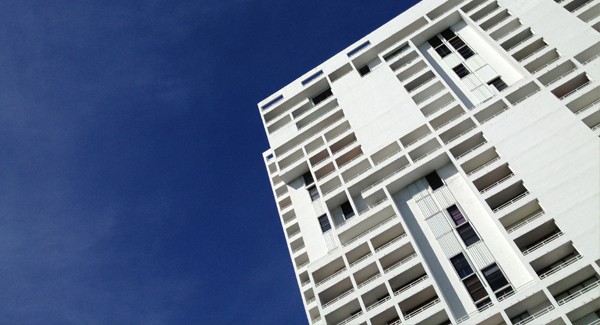In the past few years, the demand for rental units has increased due to a number of factors including rising home prices, declining homeownership among seniors, increased single-person households, and tougher mortgage lending standards. Accordingly, a new phenomenon has emerged where all the units in a condominium building are sold to a third party who then “de-converts” the condominiums to apartments.
These bulk transactions are approved by a vote of the unit owners in each respective association as specified in Section 15 of the Illinois Condominium Property Act. With few exceptions, the “Section 15 sale” requires the approval of no less than 75% of the ownership of the common elements.
Below are five matters to consider in the deconversion sales process and housing trend.
- Profitability
The transformation of condominium associations into apartment buildings that can be rented at current market rental rates is an incredibly profitable venture. With new construction unable to keep up with demand and a limited number of available rental properties, rental prices have steadily increased. Consequently, developers and investors are jumping on opportunities to pick up small to large residential complexes and convert them into profit-generating rental properties.
- Letter of Intent vs. Binding Agreement
There are typically two ways that a deconversion transaction may arise:
- either an unsolicited offer made by a developer/purchaser; or
- the association voluntarily seeks out an offer of purchase for all the units.
In situations where the association receives an unsolicited offer, this offer is typically contained in a letter of intent. The letter of intent will normally contain general terms of a possible purchase. However, the letter is not a contract, a binding offer, or an actual purchase agreement.
- Deferred Maintenance
As buildings age, maintenance issues can arise. Members of a condominium association share in upkeep costs through their assessments. However, when minor repairs or small-scale replacements are no longer options, associations are compelled to consider raising assessments, levying special assessments, or taking out loans. This can be a factor for developers and investors as they evaluate whether a condominium complex is a viable deconversion candidate.
- Building Code Violations
Associations must abide by multiple municipal codes including building, sanitation and fire safety regulations. Certain construction work also requires an authorized permit from the local government prior to beginning that work. Code violations and uncleared permits can slow or prevent the sale of all units in a condominium deconversion transaction as they present liabilities to a potential investor.
- Legal Issues
Deconversion transactions are subject to specific legal considerations. For example, the Illinois Condominium Property Act indicates if 75% or more of the ownership approves the sale of the units, the action is binding upon all unit owners. Once the sale has been approved at a meeting of the owners, it becomes “the duty of every unit owner to execute and deliver such instruments and to perform all acts as in manner and form may be necessary to effect such sale”. In other words, all owners are required to execute and sign the sales documents or face being in violation of the Illinois Condominium Property Act.
There are other important issues that a board must address with the association ownership when it comes to the sale of all units, including: written objections, unpaid assessments, informational meetings, contract distribution, and voting.
If your association has been approached by an interested buyer, your association is in the middle of a potential sale or de-conversion, or you are a buyer interested in converting income property into condominiums, please contact Kovitz Shifrin Nesbit to discuss your legal needs.
Our dedicated condo deconversion team has the full suite of resources and services that you need to successfully move through the deconversion sales process.
Visit www.ksnlaw.com or call our law firm at 1-855-537-0500 to get started today.
This article is made available by the lawyer or law firm publisher for educational purposes only as well as to give you general information and a general understanding of the law, not to provide specific legal advice. By reading this article you understand that there is no attorney client relationship between you and the article author. This article should not be used as a substitute for competent legal advice from a licensed professional attorney in your state. © 2019 Kovitz Shifrin Nesbit, A Professional Corporation.

